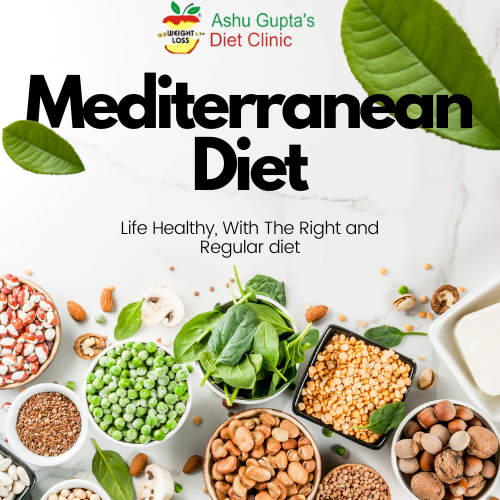Back
-
Healthy Weight Loss Program
-
Skin and Hair Program
-
PCOD (Polycystic Ovarian Disease) Management
-
Corporate Health Plans
-
Diabetes Reversal Program
-
7 Day Cleanse Diet Program
-
Online Trial Diet Plan
-
Weight Gain Program
-
Adolescent Obesity Weight Loss program
-
Post-Pregnancy Weight Loss Program
-
Therapeutic Diets Program






.jpg)

